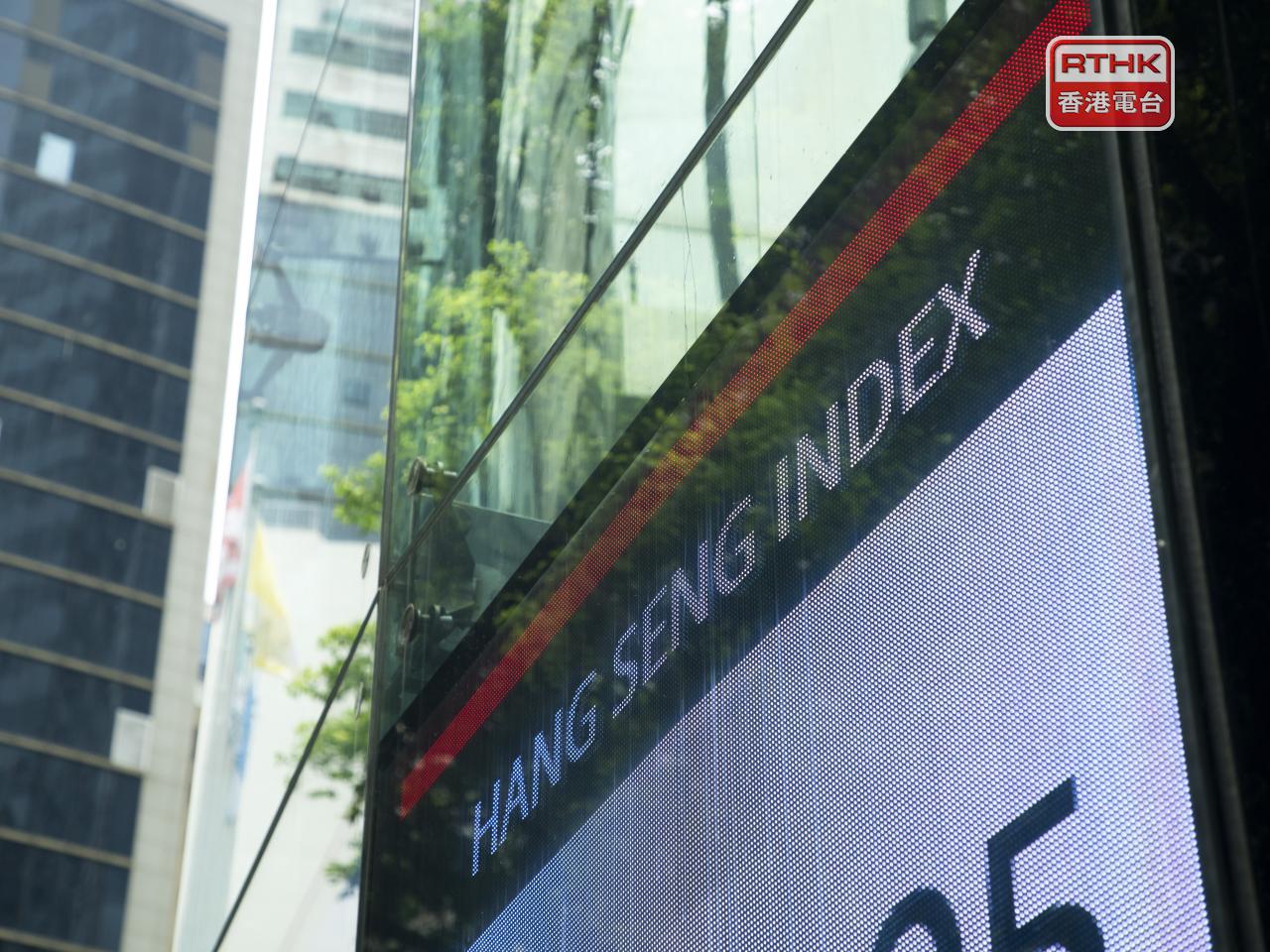Asian stocks slid in early trade on Tuesday as financial markets waited on a rush of key US economic data delayed by the government shutdown while investors rolled back bets of a Federal Reserve rate cut next month.
In Hong Kong, the benchmark Hang Seng Index fell 212 points, or 0.8 percent, to open at 26,172.
Up north, the benchmark Shanghai Composite Index was down 0.24 percent at 3,962 while the Shenzhen Component Index was 0.31 percent lower at 13,161 and the ChiNext Index, tracking China's Nasdaq-style board of growth enterprises, was down 0.51 percent at 3,089.
Japan's Nikkei share average fell 2 percent on Tuesday as investors sold off technology stocks following Wall Street's sharp decline overnight, while tourism-related sectors were mixed after a sharp selloff in the previous session.
The Nikkei was down 2 percent at 49,325 as of midday after falling as much as 2.4 percent earlier in the day to 49,107, its lowest since November 5. The broader Topix slipped 1.5 percent to 3,297.
The 225-issue Nikkei Stock Average had opened trading at 49,812 points, down 510 points, or 1.02 percent.
The Korea Composite Stock Price Index opened at 4,044 points, down 44 points, or 1.1 percent.
Traders are looking to US data to provide clues on the health of the world's largest economy, with the closely watched September nonfarm payrolls report due on Thursday.
Focus in the region was also on Japan's new Prime Minister Sanae Takaichi's meeting with Bank of Japan governor Kazuo Ueda on Tuesday, the first discussions to be held between the pair since the new leader was inaugurated last month.
"There will be interest in the outcome of the meeting, given Takaichi's reputation as an advocate of easy monetary policy and fiscal policy and the market wondering when, or if, the BOJ will tighten policy over coming months," JBWere analysts said in a research note on Tuesday.
Ueda has signalled the chance of an interest rate hike as soon as next month. But Takaichi and her finance minister, Satsuki Katayama, have made clear their preference for rates to remain low until inflation durably meets the BOJ's 2 percent target.
MSCI's broadest index of Asia-Pacific shares outside Japan was down 0.7 percent.
The early weakness in regional stocks tracked an extended selloff on Wall Street overnight as benchmark Treasury yields inched lower with markets braced for a flood of economic data releases.
Chipmaker Nvidia's quarterly earnings on Wednesday are also eagerly anticipated as investors look for signs of weakening in a sector that has driven much of the stock market's rally over recent months.
During the US government's longest shutdown in history, traders were left to grapple with the question of whether the Federal Reserve would cut rates again at next month's meeting.
"Global equity markets have adopted a cautiously defensive tone ahead of the US non-farm payrolls and key corporate earnings," said Besa Deda, chief economist at William Buck, the advisory firm in Sydney.
"The payrolls report is expected to provide much-needed insight into the underlying strength of the US economy and should shape expectations for the Fed's next move. A Fed rate cut in December is not a done deal."
"November has brought greater volatility to global equity markets. Unlike October, most major indices have stalled, failing to push on to new record highs."
Investors have trimmed expectations of a Fed cut next month, despite signs of further weakness in the US economy from recent private-sector data. Markets are now pricing in closer to a 40 percent chance of a 25-basis-point Fed rate cut in December, down from more than 60 percent earlier this month. (Reuters/Xinhua)





